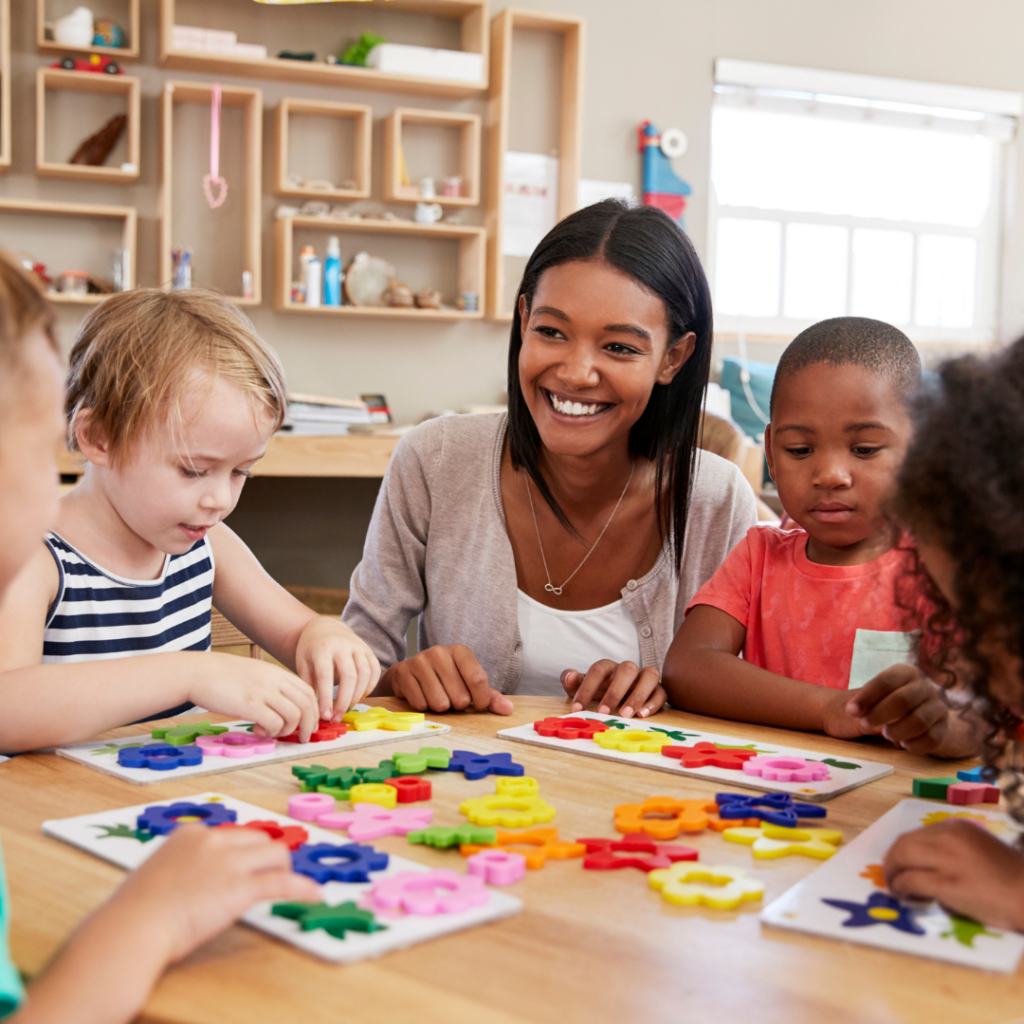Making Friends and Learning Life Skills Why Preschool is Essential
Preschool is often seen as the first formal step into education, but it is far more than just learning ABCs and numbers. Early childhood education lays the groundwork for a child’s social, emotional, and cognitive development, providing them with a set of essential life skills that will help them thrive in future learning environments and in life. A quality preschool experience offers children the chance to make friends, explore their surroundings, and build independence in a supportive, structured environment. One of the key benefits of preschool is socialization. At this age, children are naturally curious and eager to connect with others. Preschool provides a safe, supervised space for them to interact with peers, which is crucial for learning how to share, cooperate, and navigate social relationships. These interactions are essential for developing empathy, patience, and conflict resolution skills.

When children learn to take turns, listen, and communicate their feelings, they build a foundation for healthy relationships in the future. This early practice with social dynamics is particularly important, as it equips children to handle more complex social situations they will encounter later in elementary school and beyond. Preschool also fosters independence. For many children, this is their first experience being away from their families for an extended period. In a preschool setting, children learn to make choices, solve simple problems, and Cheras Nursery take care of personal needs like washing hands or putting on a coat. These small but significant acts of self-reliance boost a child’s confidence, showing them that they are capable of managing tasks on their own. Independence in preschool helps children build resilience, which becomes invaluable as they face new challenges in their educational journey. The structured learning environment in preschool also promotes essential cognitive skills. Through play-based activities and hands-on learning, children develop language, math, and critical thinking skills.
Storytime, for example, nurtures vocabulary and listening skills, while building blocks or sorting games introduce basic math concepts like counting, shapes, and patterns. Such activities lay the groundwork for literacy and numeracy, making the transition to kindergarten smoother. More importantly, these experiences encourage a love for learning that can inspire curiosity and enthusiasm for school. Finally, preschool teachers are trained to observe and support each child’s unique development. By understanding each child’s strengths and areas for growth, they can tailor activities to meet individual needs, helping each child reach their full potential. The support from these early educators helps children feel safe, valued, and motivated. In essence, preschool is more than an educational stepping stone it is an essential experience where children learn foundational life skills. From making friends to building self-confidence, the benefits of preschool extend far beyond the classroom, giving children the tools they need to succeed both in school and in life.
